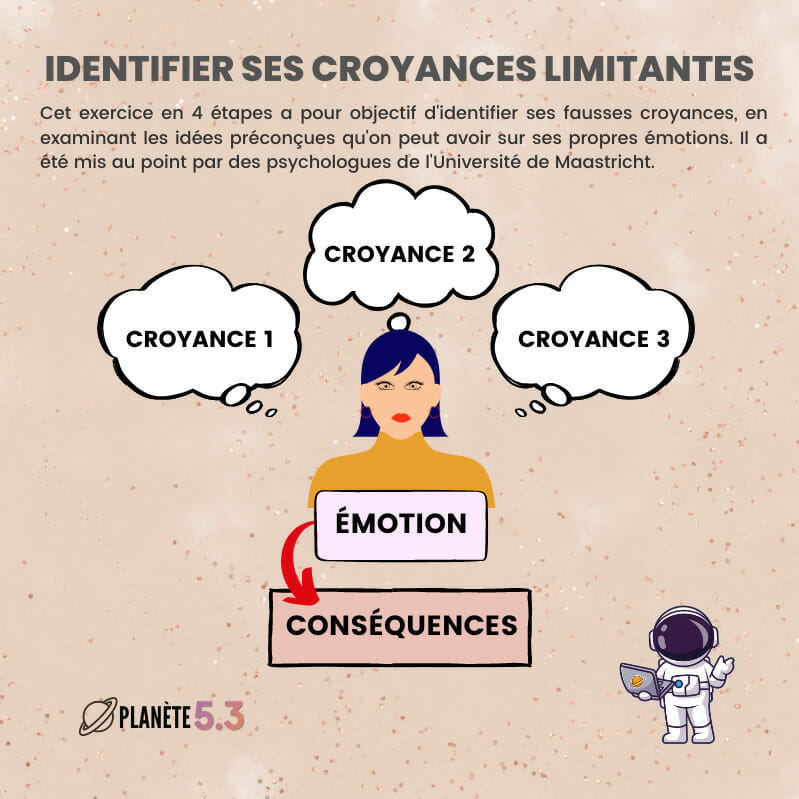Currently, Parkinson’s disease can only be clearly diagnosed once it is well established. However, a new test using an MRI scanner could make it possible to diagnose the disease at an early stage, with 85% accuracy.
180 brain snapshots in six minutes
It was researchers at the University of Oxford who developed this six-minute test, which monitors neural connections in a concentrated area in the center of the brain. Even at an early stage of the disease, people with Parkinson’s have much weaker connections in that particular area of the brain associated with motor control.
Their study, published in the professional journal Neurology, found that by taking 180 snapshots in a 6-minute period, doctors could spot bad connections. They also found, during these trials, that no patient was at risk of being wrongly diagnosed.
We cannot say who are the people at risk
“Currently we have no reliable way of predicting who is at risk,” explained Dr Clare Marquay, a psychiatrist at the University of Oxford, who led the study.
“We are therefore delighted that this technique using magnetic resonance imaging can be a good marker for early signs of the disease. The first results are very promising.”
Parkinson’s disease is a neurological disease manifested by tremors and difficulty moving and performing everyday activities. It comes from a decrease in the brain’s production of dopamine, a neurotransmitter necessary for good movement control.















